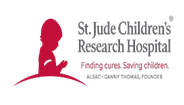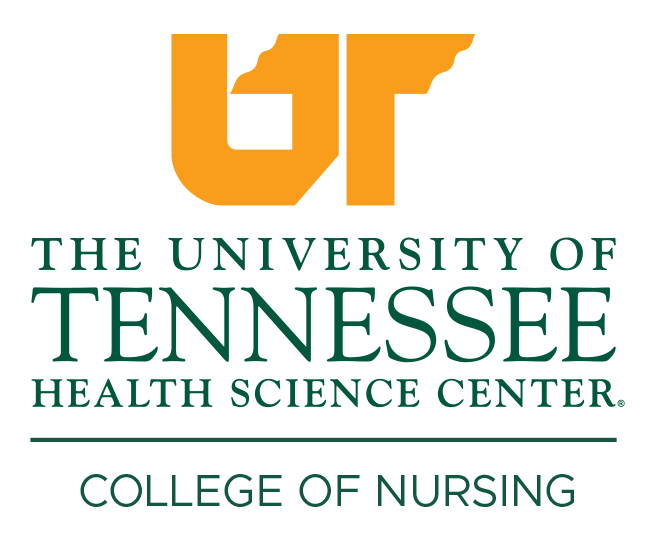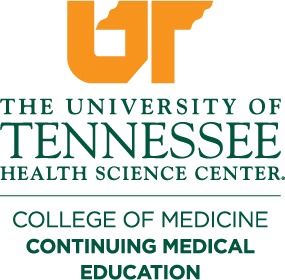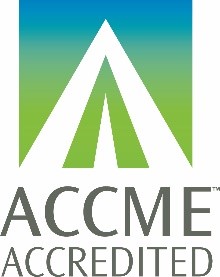


Overview:
Sickle Cell Disease (SCD) leads to premature mortality caused by serious complications such as acute chest syndrome, stroke, and sepsis. Persons presenting to the emergency department (ED) with pain due to vaso-occlusive crisis are at a higher risk for these complications, making it critical that emergency care providers are knowledgeable about SCD and understand the associated life-threatening complications in addition to vaso-occlusive crisis. If these life-threatening symptoms are not detected and treated early, death will occur. An additional challenge is that the care of individuals with SCD in the ED is fraught with misconceptions, including negative attitudes and the perception of opioid addiction, despite data to support these beliefs are inaccurate. Challenges related to pain management, concerns and fears associated with addiction, and the administration of opioids as recommended by the American Pain Society are all critical topics for ED providers.
To meet this need we will provide these monthly emergency department workshops: Early Detection and Management of Life-Threatening Sickle Cell Complications. These workshops will be for Baptist Hospitals in the Delta Region Serving Patients from Persistent Poverty Counties.
Learners will complete a pre and post-test knowledge assessment.
Workshops will involve active participation in learning activities, specifically case scenarios of patients presenting with signs and symptoms of the most common sickle cell disease emergencies.
Target Audience:
Physicians, Advanced Nurse Practitioners, Registered Nurses, PhDs, Physician Assistants, Residents, and Medical Students.
___________________________________________________________________________________________________________________________
Disclosures:
Successful Completion of this CME/Nursing Continuing Professional Development Activity:
Complete Workshop and submit the Evaluation
Conflicts of Interest: A Conflict of Interest occurs when an individual has an opportunity to affect educational content about health-care products or services of a commercial interest with which she/he has a financial relationship.
The planners and presenters of this CME/NCPD activity have disclosed no relevant financial relationships with any commercial interests pertaining to this activity
Commercial Support: No
Noncommercial Sponsor Support: No
Off-label Product Use: This CME/NCPD activity does not include any unannounced information about off-label use of a product for a purpose other than that for which it was approved by the Food and Drug Administration (FDA).
___________________________________________________________________________________________________________________________
3 CME/NCPD credits provided

| AMA Credit Designation: The University of Tennessee College of Medicine (UTCOM) designates this live activity for a maximum of 3 AMA PRA Category 1 CreditsTM. Physicians should claim only the credit commensurate with the extent of their participation in the activity.
Continuing Education for Non-Physicians: The UTCOM will issue Certificates of Participation to non-physicians for participating in this activity and designates it for CEUs using the national standard that 1 hour of educational instruction is awarded .1 CEU.
NCPD Credit Designation: The University of Tennessee Health Science Center, Memphis designates this activity for a maximum of 3 hours NCPD credits per session attended.
|
Accreditation:
- The University of Tennessee College of Medicine is accredited by the Accreditation Council for Continuing Medical Education to provide continuing medical education for physicians.
- The University of TN Health Science Center College of Nursing is accredited as a provider of nursing continuing professional development by the American Nurses Credentialing Center’s Commission on Accreditation.

 Facebook
Facebook X
X LinkedIn
LinkedIn Forward
Forward
